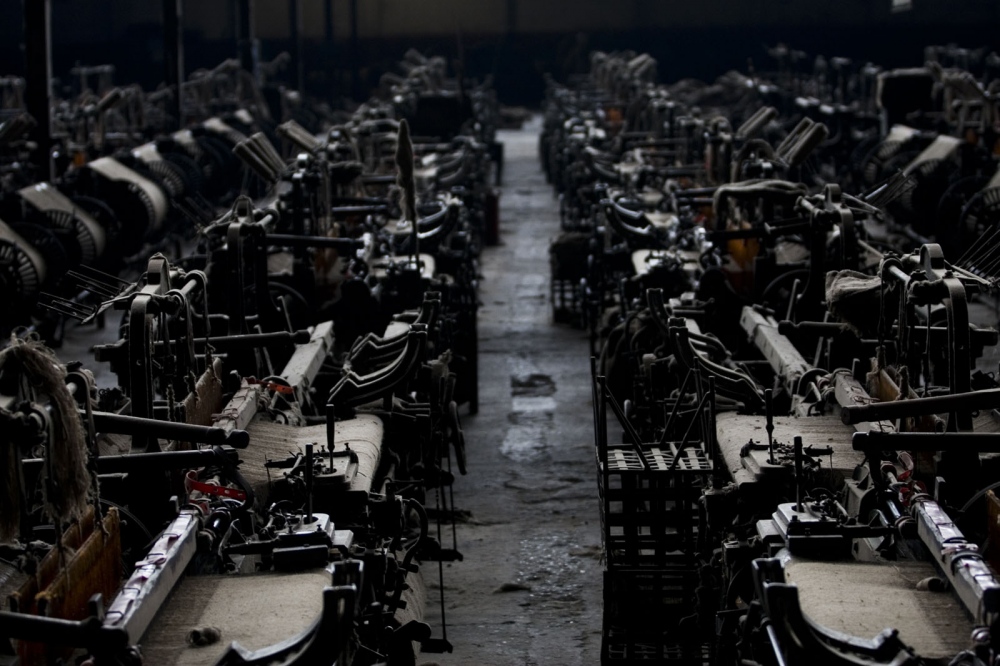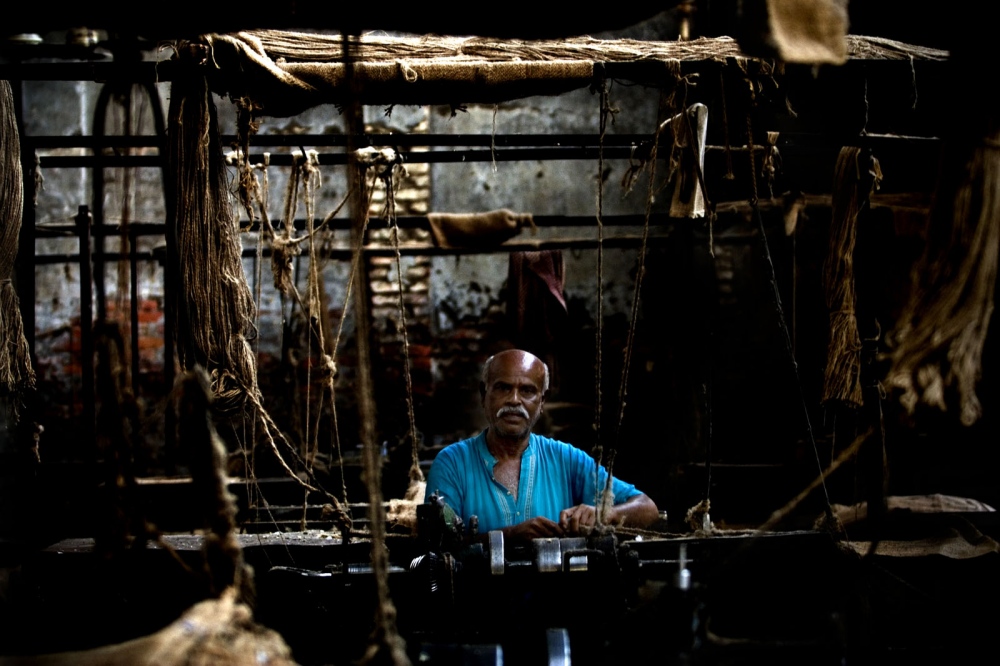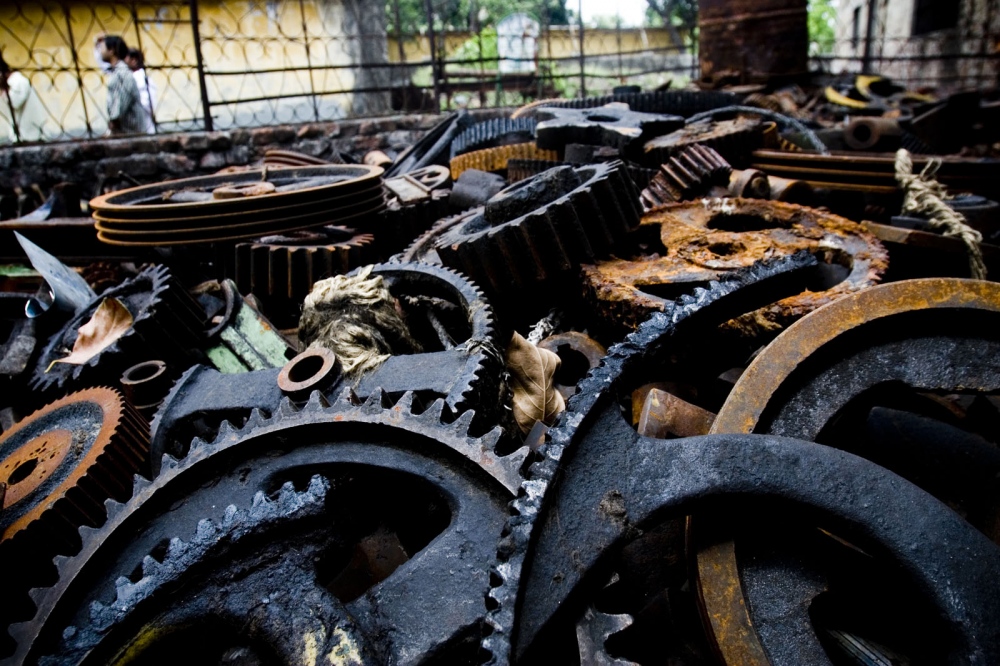Jute Mill Workers in Bangladesh
"Our lives are like the factory's spare junks. No one needs us
now," says Mozammel Haque, a 58-year-old Jute mill supervisor
of Platinum jute mill in Khulna, Bangladesh. By that time all of the
three major jute mills of the country had been closed down due to
unexpected "˜lay off'. Like the other thousands of laborers Mozammel
Haque has been fired after his 32 years service in the jute mill.
As the largest jute producing country Bangladesh used to account
for a significant amount of exports even in the early seventies.
But since the government closed down the Adamjee jute Mills (the
largest jute mill in the world), raising the issue of "˜unprofitable' in
2003 following the prescription of IMF- World Bank and the donors
the whole jute industry of the country began to collapse.
In April 2007 The workers came out of the street with their
demands after the government's shut down decision on Platinum
and Crescent jute mills of Khulna. The workers of those jute mills
still had several months worth of wages pending, while some others
sent into, what the military-driven interim government prefers to
call, voluntary retirement, have yet to receive even a hint of when
their retirement benefits would be given.
"How can we give some food to our children? How can we survive
now?" Sitting on the abandoned machine Mozammel Haque became
emotional. The huge mill area is on deadly silence, the machines
are covered with dust and the labor colonies, just opposite to the
factories are grieving with frustration and uncertainty.
"We don't know, what is our fault. But we had to face such violence?"
Rahela Begum, a woman like hundred others faced the brutality of the
law enforcers. As the laborers started to demand the pending wages
police attacked the workers colony, beating even the women and
children. Rahela's husband had been also beaten by the police and sent
to jail. She was still in danger, as the law enforcers or the government-
supported terrorists can attack again in any time.
Thousands of jute mill workers had lost their job, women and children
faced undesirable misery, as the government wanted to close down all
the major jute mills. When the whole country is getting fully depended
on the foreign aid, the major source of home economy is closing down.












